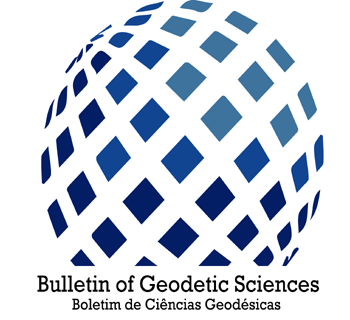When planning a survey of a geodetic network, it is desirable that the observations to be measured and the points coordinates to be estimated follow criteria of precision and reliability preestablished according to the project objectives. In the pre-analysis step, even before the measurement of observations, it is possible to estimate the precision and reliability of the network, by setting a geometry / configuration for it and the expected precision of the observations. The goal of this paper is to present the design of a geodetic network following criteria of precision and reliability, taking into account the possible existence of two or more undetected errors in the observations, as well as their influence (simultaneous) on the parameters (adjusted coordinates of the points). Besides the theoretical review, experiments were performed in a GNSS network, that were established criteria of precision and reliability considering the existence of up to two observations contaminated by errors (outliers), simultaneously. The network design was done by the method of trial and error. After the data processing and the adjustment of the network, it was found that the criteria of accuracy and reliability that have been stipulated in the pre-analysis step were properly obtained.
Geodetic Networks; Design; Reliability; Multiple Outliers



















